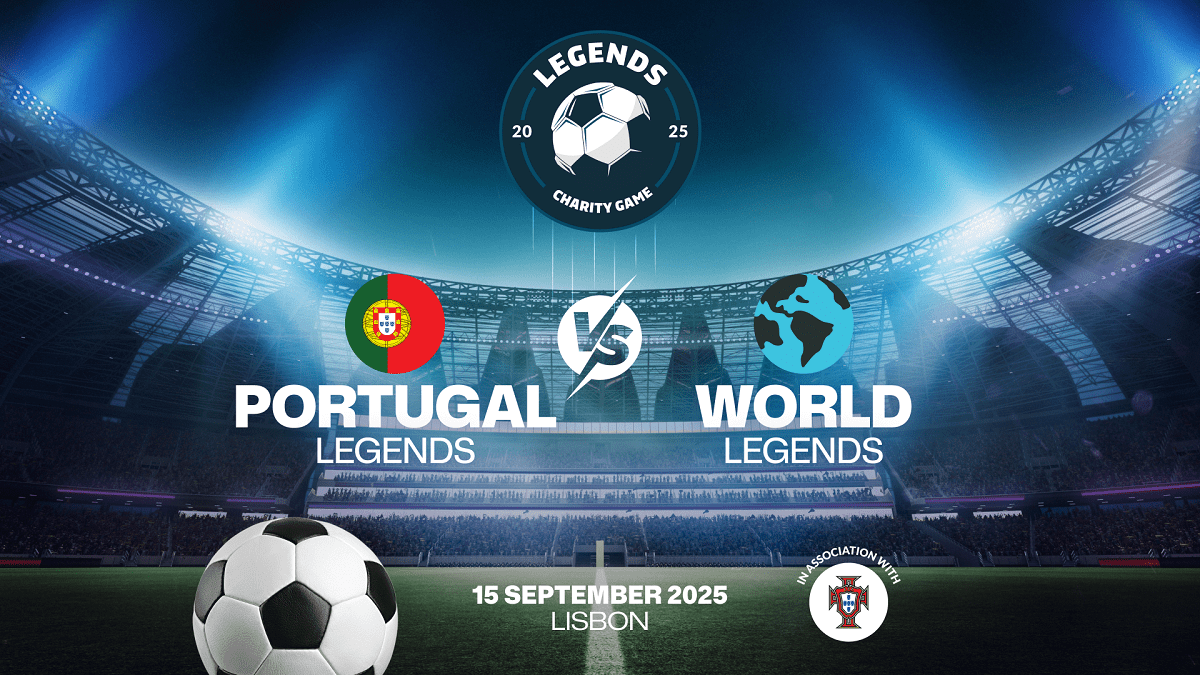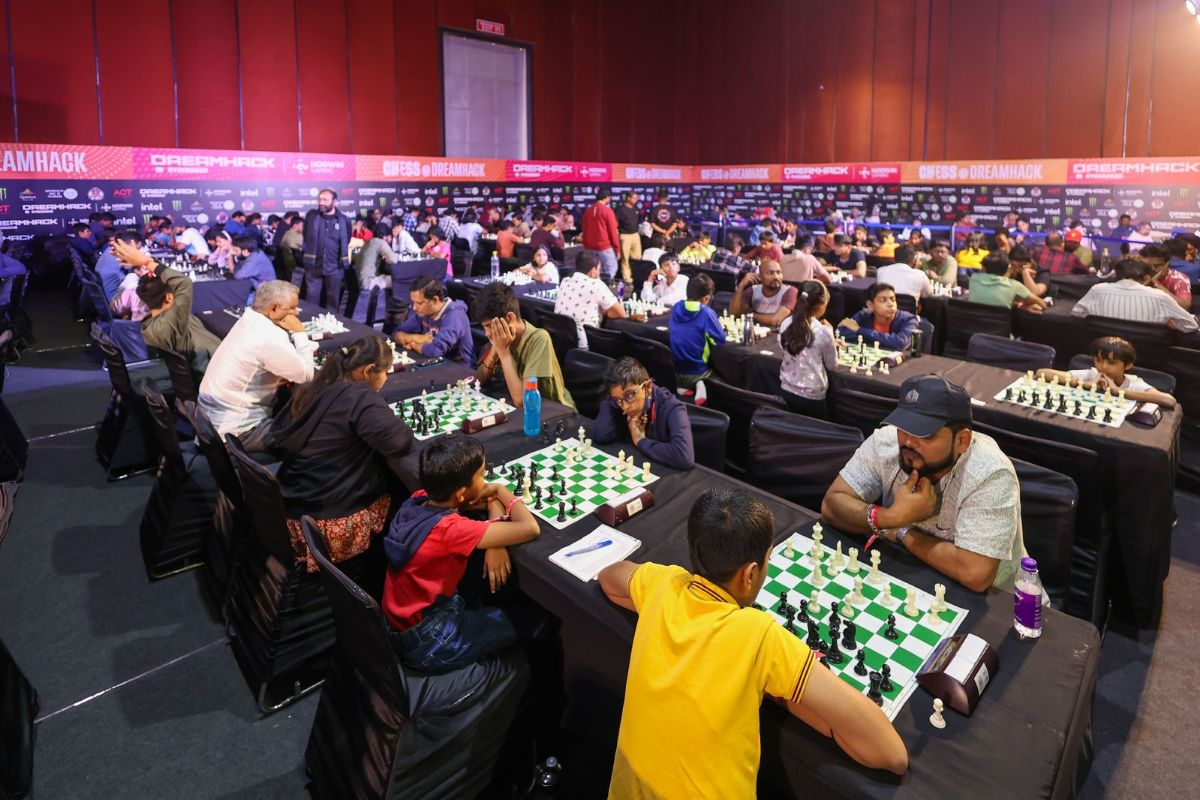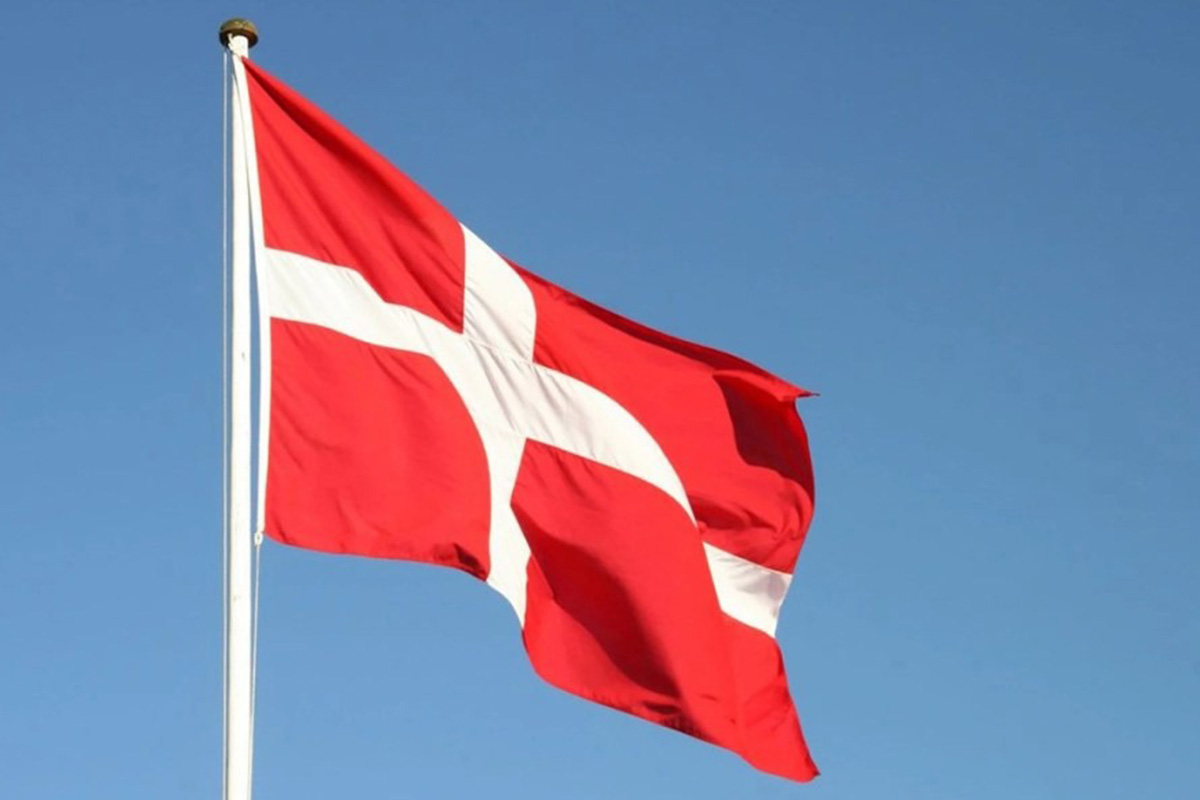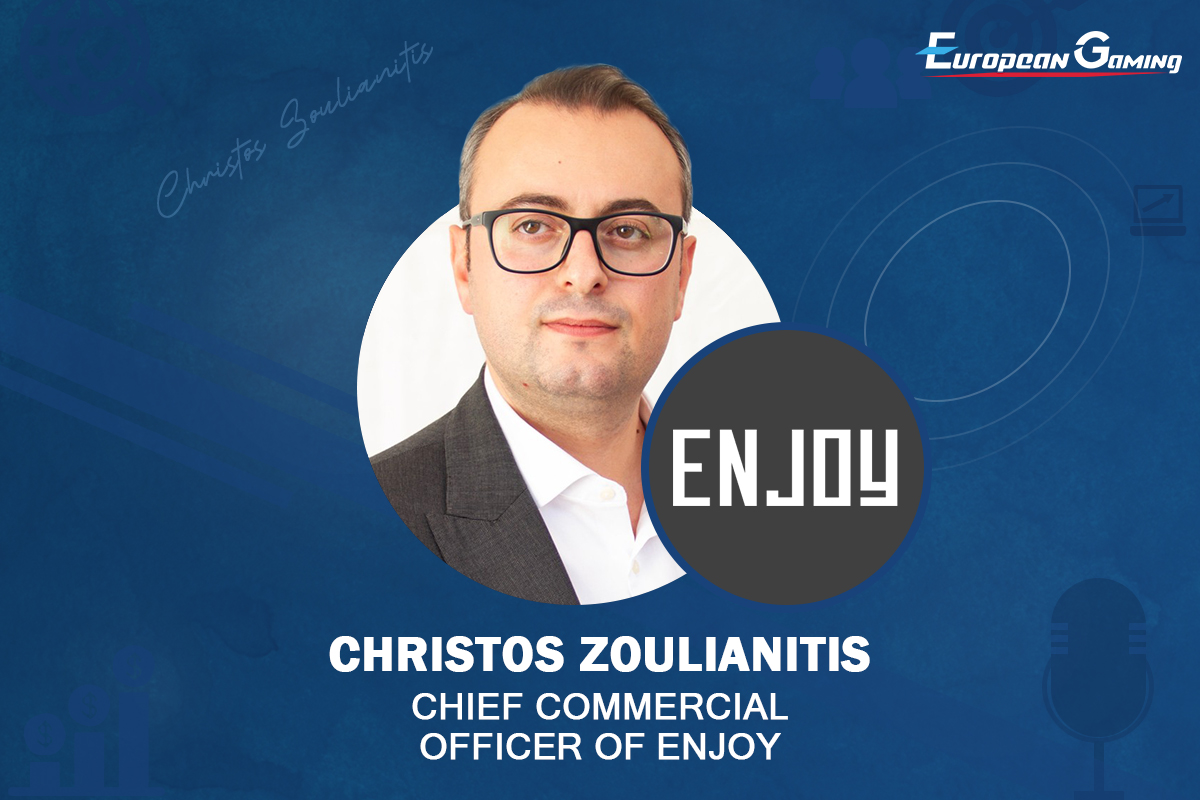Latest News
Interview with VSPO CEO: How China esports differs from the West
China has long been in a leading position when it comes to the esports industry, home to many top esports players and a massive fanbase that supports them. However, China’s esports market operates substantially differently from Western markets. What is China’s esports ecosystem like, and how has it been affected by industry troubles that have plagued the West?
In an extended interview with VSPO, a major tournament organiser in China that runs some of the country’s biggest leagues, Esports Insider provides an insight into an ecosystem that is frequently heard about but rarely discussed in Western media.
In the hour-long chat, conducted in Mandarin and translated into English, Dino Ying, CEO of VSPO and Danny Tang, CFO of VSPO, discussed everything from the company’s founding story to the ‘esports winter’ that has left a chill on the shoulders of prominent stakeholders.
The original story
VSPO is an influential actor in the Chinese esports sector. Founded back in 2016 as VSPN, the company’s goal was to offer comprehensive services within esports, spanning production, operation and entertainment. The business primarily consists of three cores: the organisation and operation of esports events, commercialisation, and community management.
Since then the company has worked with top-tier professional esports competitions on game titles Honor of Kings, Peacekeeper Elite (PUBG Mobile in China), CrossFire, League of Legends and many more. VPSO also organised the latest Asian Games (which were postponed to 2023) in Hangzhou, China, which saw esports matches getting medal recognition for the first time.
According to Ying, the formation of VSPO began when he realised there was a strong demand for content and high-level competition in China, but the supply side was lacking. By building esports complexes across multiple cities around the world, the company wanted to bring a range of experiences — from online to offline — to esports fans.
Tang added: “From the very first day of our entrepreneurial journey, we had a clear vision: drive and witness esports become a more influential sport and form of entertainment. Over the past six to seven years, we have gradually seen esports unleash its impact worldwide.”
Assessing the Chinese esports market
Since its creation, the company has seen significant changes in the esports landscape, none more so than the mobile esports ecosystem. According to VSPO’s CFO, the decision to focus on the mobile gaming route has paid off in the Eastern world.
“Our judgment at that time was that mobile phones would definitely become mainstream because as more and more time was spent on mobile gaming, the demand for content and experience would naturally shift to the mobile side,” mentioned Tang.
Alongside the growth of gamers across mobile, PC and console, esports also rose in popularity, becoming part of China’s pop culture extremely quickly. Back in 2019, League of Legends professional player Jian ‘Uzi’ Zi-Hao was voted Weibo Person of the Year, beating all the other Chinese celebrities on the platform. Esports is also featured in several TV series, including ‘Crossfire’ and ‘You are my Glory’.
Paired with the development of technology and the enhancement of online and offline competitions, tournament organisers also started to make major events become ‘fan spectacles’ alongside sporting competitions.
According to Tang, the industry is entering a phase where it is trying to break previous barriers, caused by specific preferences of local markets and game titles. “I believe that in the coming years, the industry will break those barriers, truly achieving global integration”, she said.
VSPO’s investment from Savvy Games Group
VSPO came under the spotlight in the Western world when the company received a $265m (~£219m) investment by Saudi Arabian government-owned esports company Savvy Games Group, which intends to accelerate and support VSPO’s global strategy.
The news received some criticism from the esports community due to the country’s human rights record, and Saudi Arabia’s government getting increasingly involved in esports has led to a backlash within sections of the industry. Savvy Games Group has heavily integrated itself into esports over the past few years. The company formed the ESL FACEIT Group, which recently faced a round of layoffs, for $1.5bn (~£1.19bn) in 2022. This also sparked concerns over ‘esportswashing’, a term used to describe how esports is used mask the country’s rights record.
From a business perspective, though, VSPO claims that the two parties are aligned. “When we first interacted with Savvy [Games Group], everyone’s view on esports was consistent,” said Ying. “We both agreed and shared the vision of establishing a recognised and independent event system. Overall, the feeling was good.”
Has China been affected by the Esports Winter?
Despite its chilling name, the so-called esports winter has been a hot topic in recent times. Following the industry’s downturn and economic struggles, various esports companies have gone through shutdowns, layoffs, consolidations and restructurings.
Whilst there are always going to be outliers, businesses in the esports space have struggled to generate profits. Moreover, the allure of creating short-term business models in exchange for growth is slowly disappearing due to its unsustainability. While this trend is affecting the industry worldwide, Ying claims that the ‘esports winter’ has not impacted his own company.
When asked about his thoughts on the subject, the CEO gave a clear reason as to why he believes the Western world is facing such challenges: a lack of strong competitive performances and the development of higher-quality competition.
The Chinese community is known for its results-focused nature, which correlates with fanbases watching the best competitive content. Ying made an interesting comparison with traditional sports. “In football, there are leagues that are more commercialised than others. The fans worldwide end up watching the most competitive European leagues like the Premier League, whilst the Chinese domestic league doesn’t have such a great following.”
This same logic is applied to esports. He explained that since the Western domestic market is not the best from a competitive perspective, it becomes increasingly difficult to commercialise it: “The problem now is that the internet allows users to get easy access to the best content. So, if you do not provide the best content, they won’t watch it.”
According to Ying, a lack of strong competitive results is a major factor behind the worse commercialisation. The accessibility of fans across the globe further amplifies the issue. “Sponsors know you’re not the best in the world, so commercialising is difficult because users can directly watch matches from the best regions such as China and South Korea.”
He revealed that China also suffers from similar issues, depending on which titles it competes in. “Competitive teams from games like League of Legends, Honor of Kings, PUBG, they all can support themselves. Others, instead, struggle. Why? Poor performance,” he added.
Still, Ying did admit that China having lower costs to run competitions is a major factor that has impacted the country’s esports sustainability. For example, he highlighted that one of its largest sponsorship deals for the KPL (King Pro League), the Chinese professional league for Honor of Kings, was worth around $10m (per year). “While it is more than enough to operate in China, it would be unfeasible for a large sports league in the United States,” he added.
Focusing on community
While there are several hurdles to tackle, esports is still growing and more opportunities will arise. Danny Tang is convinced that more changes need to happen in the gaming landscape to reduce the esports winter’s effects — and not just from a business and commercial perspective.
Community is a big part of what makes esports tick, so enlarging the fanbase should, in theory, benefit the scene in the long run. Tang put a particular emphasis on the female audience, which is already close to 50% in China, according to a Chinese 2023 Global Esports Industry Development report.
Encouraging people to be part of this culture and developing a more inclusive community is what allows products to transition from a niche to mainstream status. By doing so, a larger community opens up a lot more room for monetisation, including sponsorship opportunities and the commercialisation of services and products.
Tang is convinced that game companies should find ways to incentivise participation by lowering the barriers to entry, which explains why the mobile and freemium models have been so successful. “All designs are focused on providing joy to players, and esports becomes part of their product content,” Tang explained.
“As long as you provide them with a conducive environment and more ways for beginners to integrate into this environment, they will be willing to interact and watch matches.”
Source: Nico Partners / esportsinsider.com

Latest News
GGPoker Launches WSOP Express: Your Fast Track To Poker’s Biggest Live Events!
GGPoker, the World’s Biggest Poker Room, today announced the launch of WSOP Express, a revolutionary new series of online qualifier tournaments designed to give every player the chance to win their way into the most prestigious live poker events on the planet.
WSOP Express utilizes a simple ‘steps’ format, allowing players to embark on their journey to glory from tiny buy-ins:
- Step 1: All-In or Fold 4-max Sit & Go – $0.50 or Step 1 ticket buy-in – Step 2 ticket prize
- Step 2: Spin & Gold 6-max Sit & Go – $2 or Step 2 ticket buy-in – Step 2-4 ticket or WSOP Pass prize
- Step 3: Turbo Tournament – $10 or Step 3 ticket buy-in – Step 4 ticket prize
- Step 4: Regular Tournament – $150 or Step 4 ticket buy-in – Ring Pass or Bracelet Pass prize
Players can start at Step 1 or buy directly into any step, making the path to live tournament poker accessible to all.
GGPoker will also host special step tournaments, which participants can play to win the bigger WSOP Express passes:
- Bracelet Step: Regular Tournament – $1,000 buy-in or ticket – Bracelet Pass prize
- Super Step: Regular Tournament – $2,500 buy-in or ticket – Super Pass prize
Free WSOP Express tickets can be claimed through various exciting promotions, including cash game challenges and more.
The available WSOP Express passes are:
- $5,000 Ring Pass: Your ticket to WSOP Super Circuit Live Events, this pass includes event buy-in plus expenses
- $10,000 Bracelet Pass: Grants entry to $10,000 WSOP bracelet events, such as next year’s iconic WSOP 2026 $10K Main Event in Las Vegas
- $30,000 Super Pass: The ultimate package for the WSOP Paradise Super Main Event, including your $26K entry, discounted accommodation at the exclusive Atlantis Paradise Island resort, and more
A key focus of WSOP Express is to open the doors to the newly announced WSOP Paradise 2025 Super Main Event. Taking place this December at Atlantis Paradise Island in the Bahamas, this monumental tournament boasts a record-breaking $60,000,000 prize guarantee, making it the largest live poker guarantee in history, shattering last year’s impressive $50,000,000 Super Main Event guarantee.
Sarne Lightman, Managing Director of GGPoker, shared his excitement: “This is a game-changer for the GGPoker community, literally. Imagine starting with a tiny buy-in and winning your way into the biggest live poker events on the planet, including the record-breaking $60,000,000 guaranteed WSOP Paradise Super Main Event in the Bahamas! WSOP Express is designed to turn dreams into reality, making the pinnacle of poker truly accessible for everyone – play WSOP Express and take the fast track to the WSOP!”
The WSOP Express journey is straightforward: complete steps, earn your pass, and enter the WSOP experience. This streamlined process ensures that players can easily track their progress towards their desired live event.
Visit GGPoker today to start your WSOP Express journey and take aim at poker’s biggest prizes: ggpoker.com/tournaments/wsop-express/
The post GGPoker Launches WSOP Express: Your Fast Track To Poker’s Biggest Live Events! appeared first on European Gaming Industry News.
Latest News
Week 29/2025 slot games releases
Here are this weeks latest slots releases compiled by European Gaming
Spinomenal has rolled out the latest addition to its iconic Demi Gods Series: Demi Gods VI Hold & Hit. In this new release, players are transported to a mystical realm surrounded by ominous mountains and swirling mists. The adventure unfolds within a 5×3 reel frame, where electric anticipation crackles around each spin. Atlas, Selene, Helios, and Hera are once again the main protagonists on a mission through ancient Greece in the hunt for glory.
Million Games is thrilled to announce the launch of Fortune Fairies, an enchanting new video slot that takes players into a mystical forest filled with magic, rewards, and a jackpot. This 5×3, high volatility slot invites players into a world, where ethereal fairies, shimmering orbs, and hidden treasures await. Designed for players who love immersive storytelling and rewarding gameplay, Fortune Fairies features two captivating bonus rounds.
GAMOMAT, one of the leading independent German software developers for slot games, has released Roman Legion Flaming Link, the latest addition to join the line-up of its hugely successful Flaming Link series. This imperious 5×3 slot marches players straight to the heart of the Roman Empire, where legionnaires must vie for victory.
PG Soft has unveiled its fantasy-fueled video slot, Dragon’s Treasure Quest. The game is presented within a 5-reel, 3-row frame and features expanding reels and multipliers. Players must track down hidden treasures while navigating through legendary lore to find Wilds and Scatters, represented by a dragon eye and treasure chest respectively.
BC.GAME is adding a dark twist to its slot lineup with the launch of Symbiote, a high-volatility crypto slot developed by Croco Gaming. Inspire by the cult comic Venom, the game invites players into a battle for control — where fusing with an alien parasite brings incredible power, but always at a cost. Symbiote draws heavy visual influence from comic book aesthetics, particularly from the Venom universe.
Get ready to don your sombrero and put your piñata smashing arm to the test in Piñateros – the brand-new Premium release from popular software provider, Swintt, where collecting six or more flaming chilis can unlock fiery rewards or one of four red-hot local jackpots. Boasting a colourful collection of symbols that serves up sugar, spice and all things nice, this exciting 5×3 reel, 50-payline slot includes fresh fruits, thirst-quenching beverages and Mexican musical instruments among its unique icons, with expanding wilds helping to create further wins.
Saddle up, slot fans! TaDa Gaming’s latest release, Bounty Frenzy, is here to ignite the reels with wild west energy, gold-studded features and nonstop action. Packed with cascading wins, dynamic multipliers and transforming Gold Frame Wilds, this medium-volatility slot delivers thrilling gameplay with a 5000x max win potential.
The chaos-loving Joker returns in Cashin’ Joker, a vibrant 3-reel slot from Play’n GO that doesn’t play by the rules. As numbers tumble onto the reels and transform into powerful multipliers, players are thrust into a fast-paced experience full of surprises and dramatic shifts in momentum. Every time the Joker symbol appears, the game shifts into another gear.
Red Rake Gaming has released Super 60 Stars, the latest addition to its acclaimed Super series, now available to all partner operators. This new release retains the fast-paced gameplay and wide variety of features that have made the series one of the most popular in the iGaming industry, while also introducing an exclusive new addition that adds even more excitement to the game. The new feature in Super 60 Stars is the “Super 60 Stars” symbol, which can appear anywhere on the reels and trigger the brand-new “Super 60 Gold X” minigame.
The post Week 29/2025 slot games releases appeared first on European Gaming Industry News.
Latest News
Legends Charity Game in Lisbon to raise millions for charity
International stars of the football world are coming together in Lisbon this September for the Legends Charity Game in order to raise funds for communities suffering from the effects of war and local tensions around the world.
Timed to coincide with the SBC Summit in Lisbon, the Legends Charity Game on Monday 15 September is a highly anticipated match between Portugal Legends vs. World Legends, featuring some of the biggest names in the history of football. The Legends will compete in front of 60,000 Fans, and in front of millions of people that will watch the game online / on TV.
With strong support from the Portuguese Football Federation (FPF), the match will see Portuguese legends playing against footballing royalty from the Rest of the World in an event that aims to raise over €1,000,000 for selected charities in the support of communities and families experiencing extreme hardship.
Luis Figo, who won trophies across Europe as well as the Ballon d’Or in 2000, will be captaining the Portugal Legends side. He comments: “It’s always a pleasure to come back to my country and play football, especially when wearing the national team colours! Hope to see a full stadium in my hometown Lisbon for this amazing Legends Charity Game and raise funds for important charity causes.”
Joining Figo from the triumphant Euro 2016 winning squad are Ricardo Quaresma, Eliseu and Ricardo Carvalho. Champions League winners Fábio Coentrão, Maniche, Hugo Almeida, Vitor Baia, José Bosingwa and Deco will also play on the night as well as other famous Portuguese legends include Beto, Jorge Andrade, Dani, Tiago Mendes, Hélder Postiga, Nuno Gomes and Simão. They will be managed by another Champions League winner – Costinha.
They will be facing stiff competition from the World Legends squad that includes legends such as: Peter Schmeichel (Denmark), Cafu (Brazil), Javier Zanetti (Argentina), Diego Lugano (Uruguay), Leonardo Bonucci (Italy), Gaizka Mendieta (Spain), Youri Djorkaeff (France), Christian Karambeu (France), Marek Hamsik (Slovakia), Giorgos Karagounis (Greece), Krassimir Balakov (Bulgaria), Gheorghe Hagi (Romania), Edwin van der Sar (Netherlands) Henrik Larsson (Sweden), Shota Arveladze (Georgia), Javier Saviola (Argentina), and Ronaldinho (Brazil).
The match will be played in front of 60,000 fans at either Estádio da Luz (Benfica Stadium) or José Alvalade Stadium (Sporting Lisbon Stadium), which will be part of a big and exciting reveal in August when the Champions League schedule is released.
The Legends Charity Game aims to raise over €1,000,000 for a number of good causes based both abroad and in Portugal as the Football Family aims to give back to the families of the world. Funds will be raised for both international and national charities who help families and communities in need.
One of the international organisations that The Legends Charity Game will be raising funds for is the Ukrainian Red Cross Society (URCS). Every day, the Ukrainian Red Cross teams provide evacuation support, psychosocial and first aid, provide essential humanitarian relief, support temporary shelters, help with housing restoration, and spread awareness about unexploded ordnance risks. Ukrainian Red Cross volunteers and staff work in all regions of the country to support those who need it most.
Maksym Dotsenko, Director General of the Ukrainian Red Cross, comments: “The war in Ukraine continues, and unfortunately, millions of people still need support every day. We have no right to stop. Initiatives like the Legends Charity Game are not just about the funds raised. They are about compassion, and the understanding that the world stands by us. They are about solidarity that transforms into real help for those going through the toughest times. We are grateful to everyone who takes part.”
The Lisbon-based Cáritas Portuguesa, which offers critical support to marginalised communities fighting issues such as poverty and inadequate emergency relief, is also a charitable partner for the Legends Charity Game.
SBC Founder & CEO Rasmus Sojmark explains: “We are taking our charitable endeavours up a notch this year with the spectacular football match in order to raise a lot of money for some very worthy causes. By tying the match in with the SBC Summit in Lisbon the same week, we have found a way for the communities around football and business to help other communities that are facing unimaginable hardships.”
Tickets are available to purchase via the official website www.legendscharitygame.com. See Tickets will handle ticket management of the event.
Sponsorships and Hospitality are still available in support of the event and the charities. Some of the sponsors already confirmed include iGP, Soft2Bet, Sportingtech, Vegas Legends, Spribe, SmartSoft and Alea.
Sport Global Charitable Foundation is a restricted fund under the auspices of Prism the Gift Fund (UK registered charity with charity number 1099682). All of the profits from the Legends Charity Game will support the Sport Global Charitable Foundation’s beneficiary charities across a range of causes including the Ukrainian Red Cross Society and Caritas Portugal.
The post Legends Charity Game in Lisbon to raise millions for charity appeared first on European Gaming Industry News.
-

 Latest News3 months ago
Latest News3 months agoWeek 17/2025 slot games releases
-

 Latest News3 months ago
Latest News3 months agoFortuna Partners with 2025 UEFA Under-21 EURO
-

 Latest News2 months ago
Latest News2 months agoELA Games Receives Key Nomination at EGR Marketing & Innovation Awards
-

 Latest News3 months ago
Latest News3 months agoBojoko.com Surpasses €100 Million in All-Time Deposits Milestone
-

 Latest News3 months ago
Latest News3 months agoLeoVegas Group to Open a New Office in Leeds
-
Latest News2 months ago
LEGENDS by Fire & Ice: July 1st at The BOX Soho
-
Latest News1 month ago
New Resort & Casino Selects IvedaAI for Intelligent Video Surveillance Ahead of Grand Opening
-
Latest News1 month ago
HIPTHER Movement Launched: Fitness Community & Summer Run-Off Challenge Powered by GameOn














You must be logged in to post a comment Login